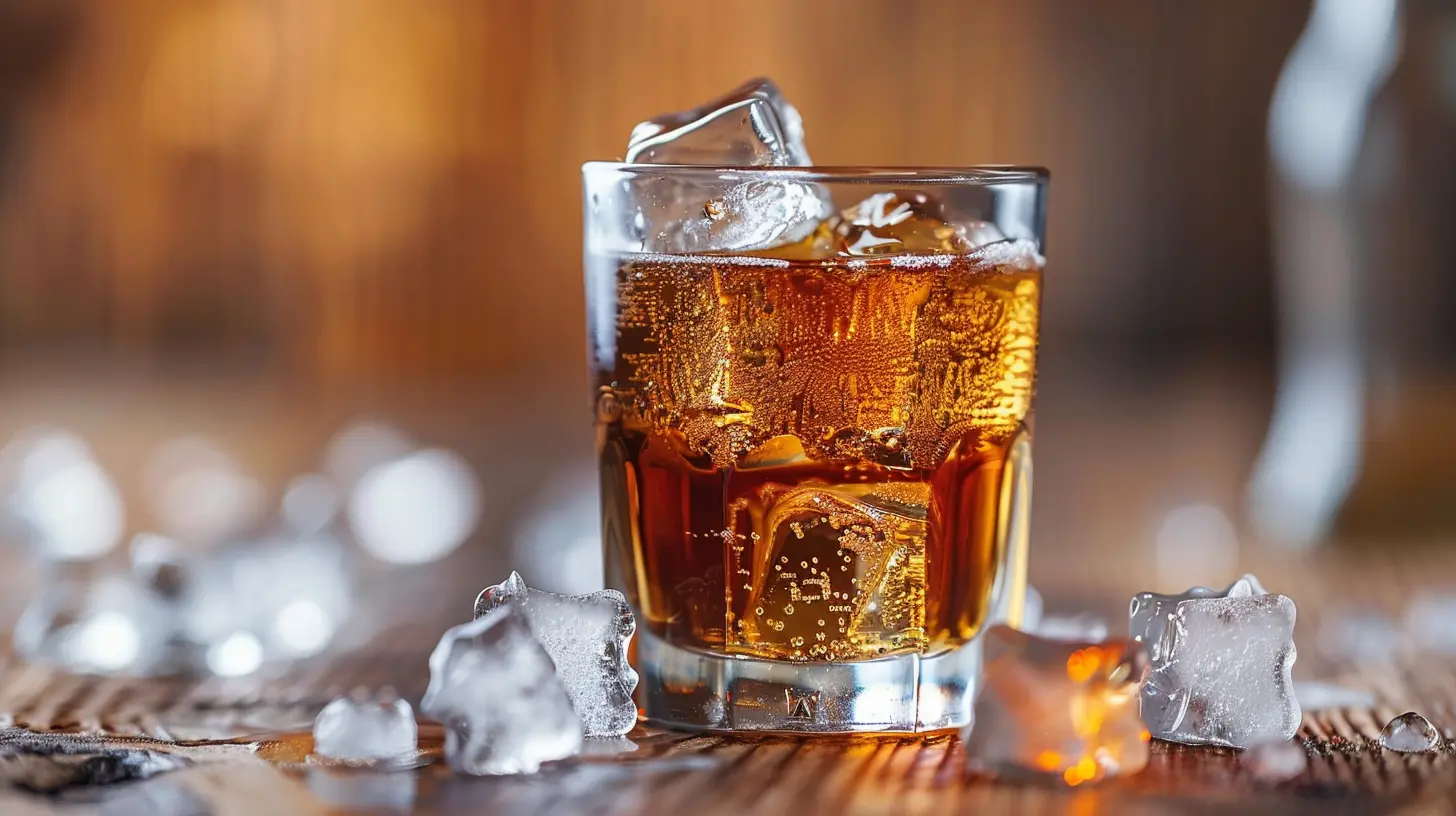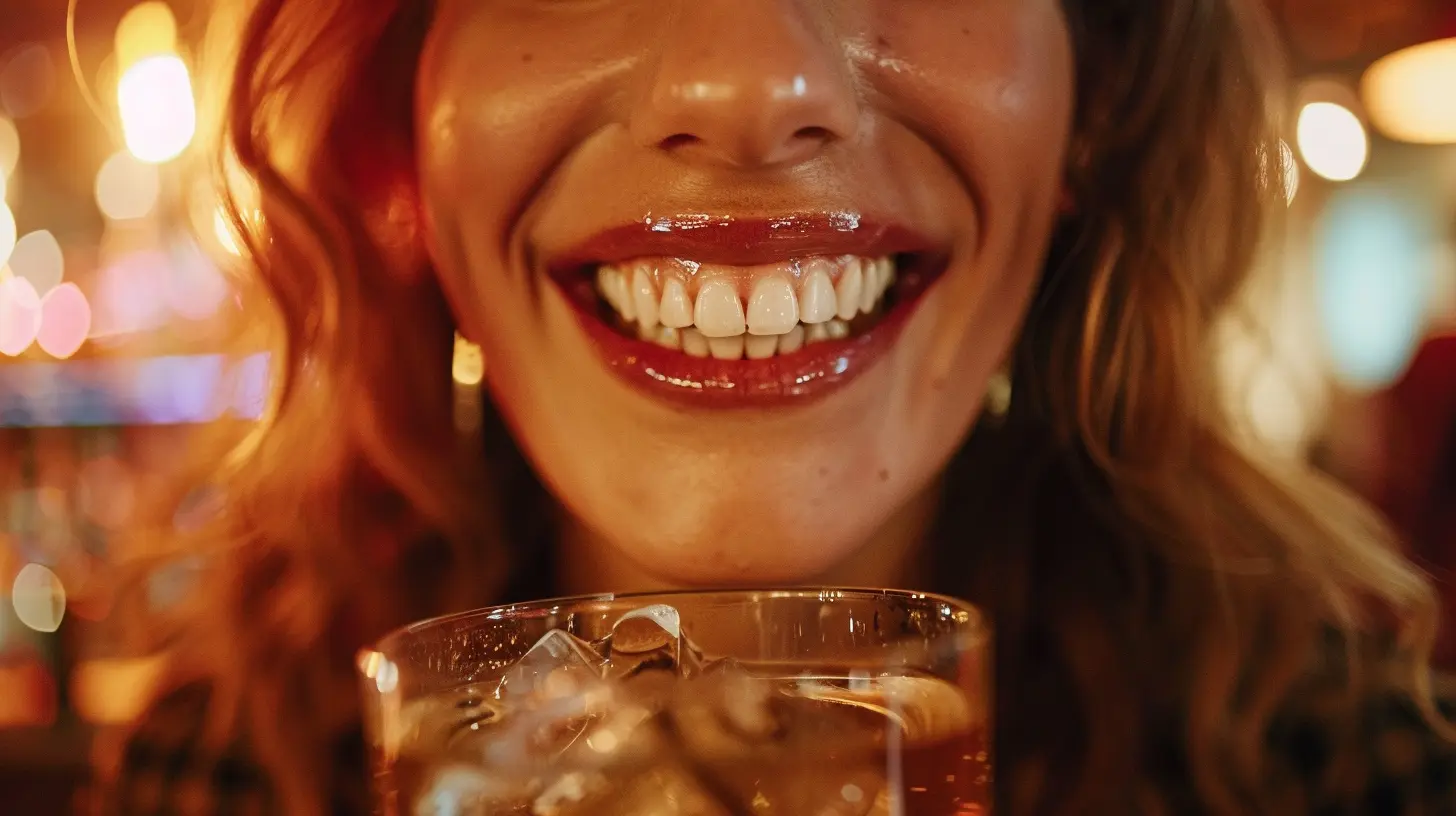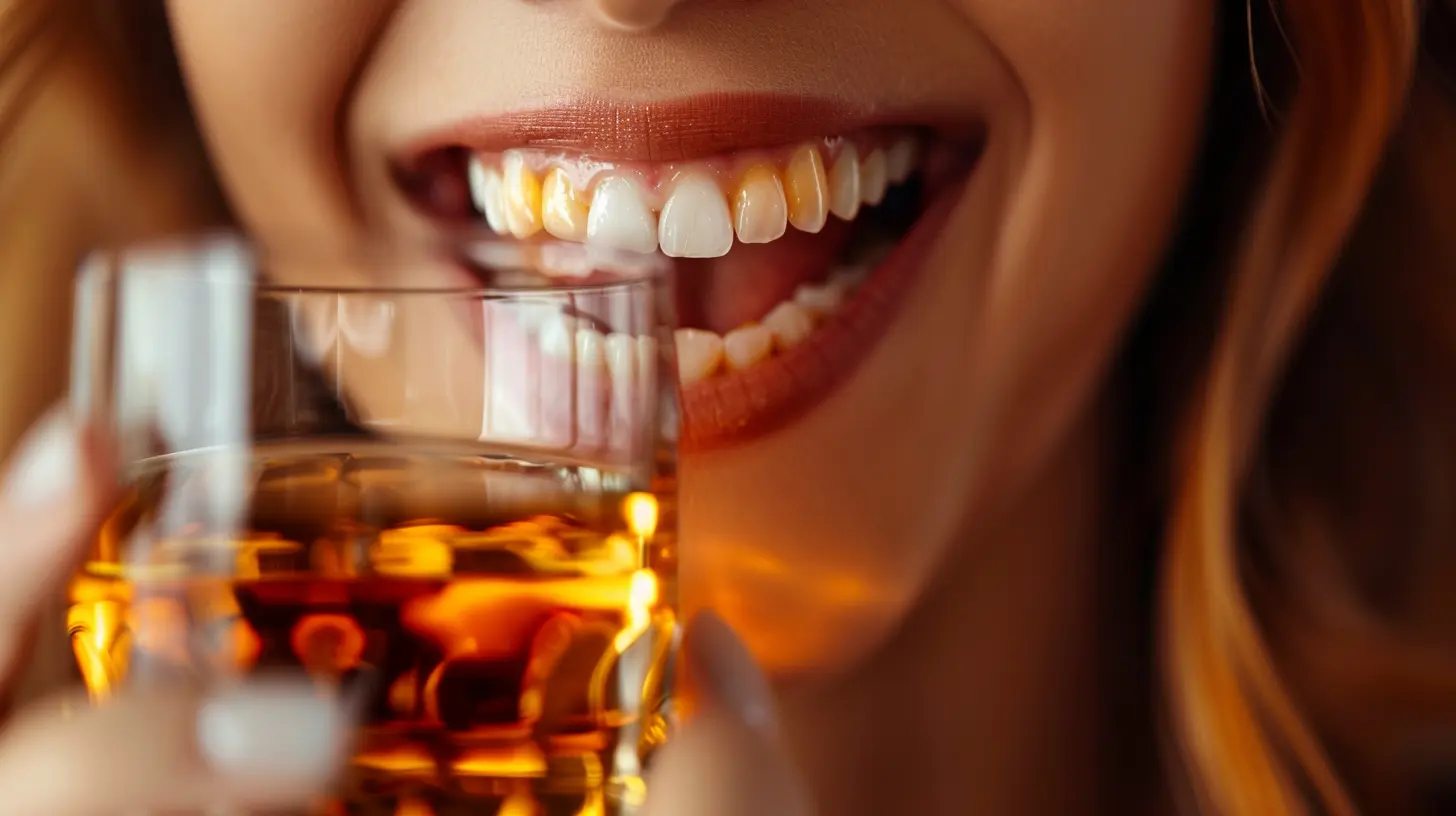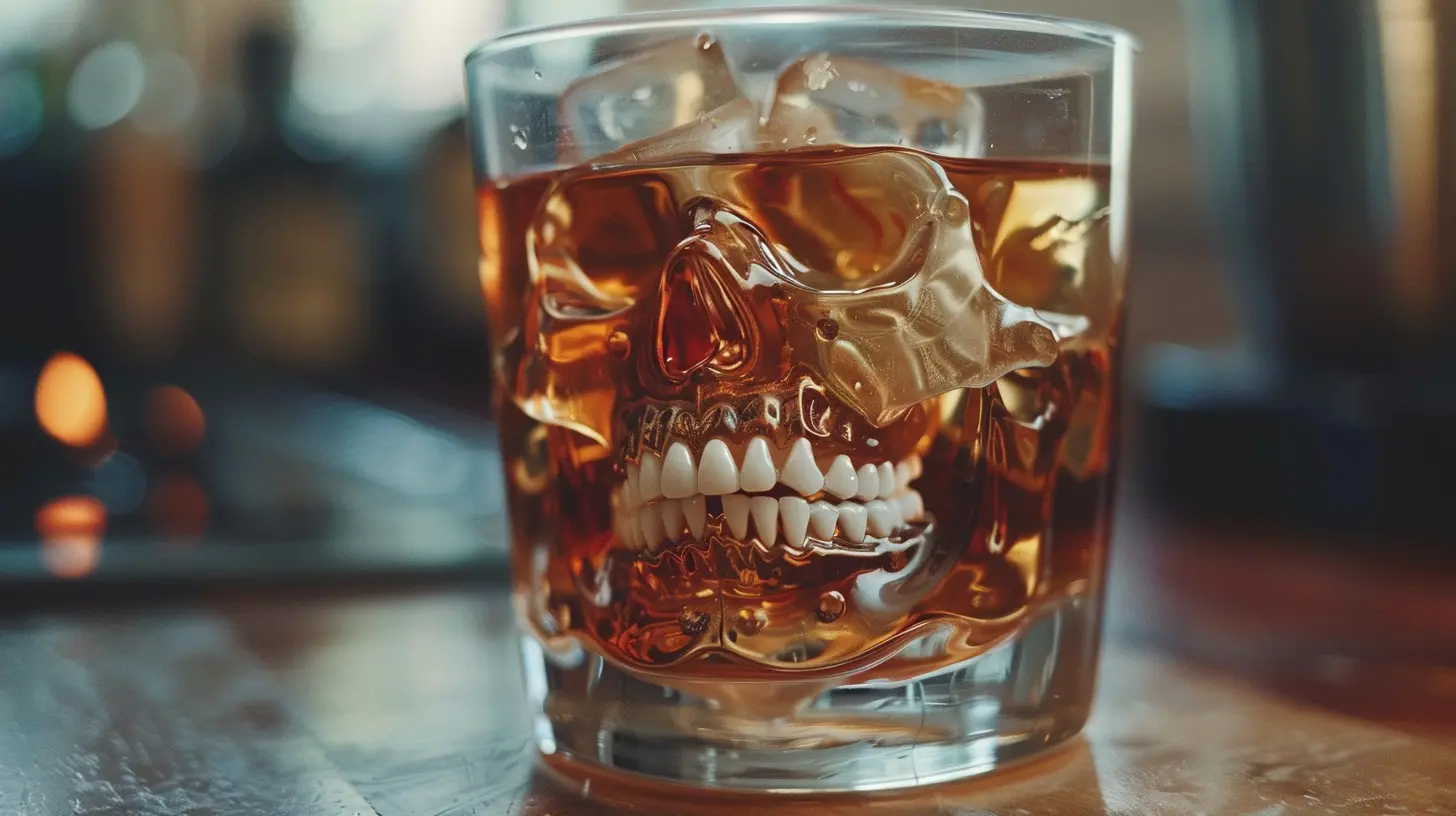How Alcohol Consumption Affects Dental Health
27 July 2025
Alcohol is a common part of social gatherings, celebrations, and even relaxation after a long day. But have you ever thought about what it’s doing to your teeth and gums? Sure, we all know that alcohol can impact our liver and overall health, but its effects on dental health often get overlooked. If you’re someone who enjoys an occasional drink or even indulges regularly, you’ll want to know how alcohol consumption affects your oral health.
In this article, we’ll dive into the impact of alcohol on your teeth and gums, how different types of drinks can cause damage, and what you can do to protect your smile. 
1. The Dry Mouth Dilemma: Alcohol and Saliva Production
Have you ever noticed that after a night of drinking, your mouth feels drier than the Sahara Desert? That’s because alcohol is a diuretic, meaning it dehydrates the body, including your mouth.Why Does This Matter?
Saliva plays a crucial role in maintaining good oral health. It helps to wash away food particles, neutralize acids, and prevent bacteria from growing excessively. When alcohol dries out your mouth, saliva production decreases, setting the stage for:- Bad breath (halitosis)
- Increased plaque buildup
- Higher risk of cavities
- Gum disease
Without enough saliva, your teeth are essentially sitting ducks, left vulnerable to bacteria and acid attacks. 
2. Alcoholic Beverages and Tooth Decay
Not all alcohol is created equal when it comes to dental damage. Some drinks are worse than others, and here’s why:Sugary Cocktails and Mixed Drinks
Cocktails loaded with syrups, juices, and sodas are a recipe for disaster. The sugar in these drinks feeds harmful bacteria in your mouth, leading to cavities. Think of it as giving bacteria an all-you-can-eat buffet every time you sip on a sugary cocktail.Wine: A Double-Edged Sword
Red wine is often praised for its heart benefits, but it’s not so friendly to your teeth. It’s highly acidic and can wear down your enamel over time. Plus, it’s notorious for staining teeth. White wine, while less likely to stain, is even more acidic, making it just as damaging.Beer: The Lesser Evil?
Beer is often seen as a "healthier" alcoholic choice for teeth because it contains less sugar than cocktails and wine. However, it’s still acidic, and darker beers can stain your teeth just like coffee.If you’re drinking any of these types of alcohol regularly, your teeth may be taking a bigger hit than you realize! 
3. Gum Disease: A Hidden Consequence of Alcohol
Alcohol doesn’t just affect your teeth—it also impacts your gums. If you drink heavily or frequently, your risk of gum disease skyrockets.How Does Alcohol Contribute to Gum Disease?
- Increased Bacteria Growth – Alcohol reduces saliva, allowing harmful bacteria to flourish.- Inflammation – Many alcoholic drinks, especially spirits, are highly acidic and irritate gum tissues.
- Poor Nutrient Absorption – Heavy drinking can interfere with your body's ability to absorb essential nutrients, leading to weaker gums and slower healing.
Gum disease starts with redness and swelling (gingivitis) but can progress into periodontitis, where gums pull away from the teeth, leading to tooth loss. 
4. Tooth Staining: Say Goodbye to a Bright Smile
If you’re regularly sipping on red wine, whiskey, or dark-colored beer, your teeth might start developing unsightly stains.Why Does Alcohol Stain Teeth?
The pigments in dark-colored drinks can cling to your enamel, leaving behind yellow or brown stains. Plus, alcohol erodes enamel, making it easier for stains to set in. Over time, it can become difficult to reverse the discoloration without professional teeth whitening treatments.5. Oral Cancer: A Serious Risk
While most people don’t immediately link alcohol to oral cancer, the connection is very real. Studies have shown that alcohol consumption significantly increases the risk of oral cancer, especially when combined with smoking.How Does Alcohol Contribute to Oral Cancer?
- Cell Damage – Alcohol can irritate and damage the cells in your mouth, leading to DNA mutations over time.- Enables Carcinogens – Drinking makes it easier for harmful substances (like tobacco) to penetrate mouth tissues.
- Weakens Immune Response – Long-term alcohol use can weaken your body’s ability to fight off harmful bacteria and cancer cells.
According to the American Cancer Society, heavy drinkers are at a much higher risk of developing cancers in the mouth, throat, and esophagus.
6. How to Protect Your Teeth If You Drink Alcohol
Let’s be real—cutting out alcohol entirely isn’t a realistic option for most people. But the good news is that you don’t have to quit drinking completely to protect your dental health. A few smart habits can go a long way in minimizing the damage:1. Drink Water Between Alcoholic Drinks
Water helps rinse away acids, sugars, and bacteria, reducing their harmful effects on your teeth. Plus, it keeps you hydrated and prevents dry mouth.2. Use a Straw When Possible
Sipping through a straw reduces direct contact between alcohol and your teeth, minimizing staining and enamel erosion.3. Limit Sugary Mixers
Opt for soda water or fresh citrus fruit rather than sugary syrups and juices. Your teeth will thank you.4. Don’t Brush Right After Drinking
Brushing too soon after drinking acidic beverages can actually do more harm than good. Acid softens enamel, and brushing immediately can wear it down even faster. Wait at least 30 minutes before brushing.5. Maintain a Strong Oral Hygiene Routine
Brushing twice a day, flossing daily, and using mouthwash can help protect your teeth from the damaging effects of alcohol.6. Visit Your Dentist Regularly
Regular dental check-ups help detect early signs of damage and keep your teeth in top shape.7. The Bottom Line
Alcohol and dental health don’t exactly go hand in hand. From dry mouth to tooth decay, gum disease, and even oral cancer, excessive drinking can wreak havoc on your smile. But that doesn’t mean you have to give up your favorite drink forever. Being mindful of what you drink and taking preventive measures can help protect your teeth without sacrificing your social life.So, next time you raise a glass, just remember—your teeth deserve a little love too!
all images in this post were generated using AI tools
Category:
Healthy TeethAuthor:

Jackson Mahoney
Discussion
rate this article
1 comments
Madalyn McKinney
Great insights! Healthy choices lead to better smiles!
August 18, 2025 at 2:26 AM

Jackson Mahoney
Thank you! Absolutely, making healthy choices is key to maintaining a bright smile.


